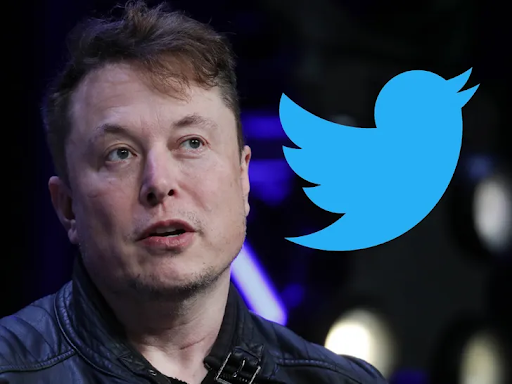Elon Musk, the prominent entrepreneur and visionary behind numerous groundbreaking ventures, has recently made headlines regarding his stance on X (formerly Twitter) and its future in Europe.
Amidst media rumors, Musk has unequivocally expressed his intention not to withdraw from the European market, despite the controversies surrounding the social network’s compliance with the Digital Services Act.
Read also: X/Twitter will remove Circles by Oct. 31
Musk’s Commitment to Europe
Contrary to speculations, Elon Musk has firmly stated that he has no intention of withdrawing X from the European Union. This declaration comes in the midst of concerns over the platform’s compliance with the Digital Services Act, which seeks to address issues related to disinformation. Europe, while accounting for only nine percent of X’s global monthly users, remains a significant market. The potential withdrawal from the EU would not only have compliance-related repercussions but could also lead to a substantial decrease in X’s already dwindling user base.
X, in response to the ongoing challenges it faces, including the issue of spam and bots, has initiated a pilot program. Under this program, new account holders will be required to pay a modest annual fee of $1 to post content. The primary aim of this initiative is to curb the rampant proliferation of spam bots that often disrupt the user experience on the platform. By introducing a subscription fee, X hopes to enhance the quality of interactions and content on its platform.
Tesla’s Cybertruck: Musk’s Realistic Outlook
Elon Musk, known for his involvement in the electric vehicle industry, has expressed a measured perspective on Tesla’s upcoming Cybertruck. While the Cybertruck has garnered significant attention and anticipation, Musk acknowledges the numerous challenges that lie ahead for the vehicle’s production and release. It’s a candid acknowledgment of the complexities involved in bringing innovative automotive technology to market.
Elon Musk’s Concerns About the Interest Rate Environment
During a recent earnings call, Elon Musk voiced his concerns about the current high-interest rate environment and its potential impact on car buyers and the broader economy. As the CEO of Tesla, Musk’s insights into economic factors hold weight and can provide valuable perspectives on how interest rates may influence consumer behavior and the automotive industry.
The Declining Usage of X
Despite Elon Musk’s assurances and efforts to address challenges, new data suggests that X’s usage is on a declining trajectory. This decline is a concern, given recent claims of usage increases. Analyzing the underlying reasons for this trend and how X intends to counteract it is vital to understanding the platform’s future.
Elon Musk’s recent statements and actions regarding X’s presence in Europe, spam and bot issues, the Cybertruck, interest rates, and usage trends are of significant relevance in the digital landscape. As Musk continues to be at the forefront of technological innovation and business, his words and actions have far-reaching consequences. It remains to be seen how these developments will shape the future of X and other ventures led by this visionary entrepreneur.
What is the Digital Services Act?
The Digital Services Act is a new regulation in the European Union that aims to update and harmonize the rules for online intermediary services, such as social media platforms, online marketplaces, and hosting providers. The Digital Services Act was adopted by the European Parliament and the Council in October 2022 and will enter into force in January 2024
The main objectives of the Digital Services Act are to:
Protect the rights and safety of users online by imposing obligations on intermediaries to remove illegal content, ensure transparency of online advertising, and combat online disinformation.
Ensure a fair and open digital market by preventing large online platforms from abusing their dominant position, imposing fines for non-compliance, and creating a new cooperation mechanism between national authorities and the European Commission.
Foster innovation and growth by creating a single set of rules for the whole EU, reducing legal fragmentation and uncertainty, and supporting small and medium-sized enterprises
The Digital Services Act applies to all providers of intermediary services that offer their services in the EU, regardless of where they are established. The obligations of different online players match their role, size and impact in the online ecosystem. For example, very large online platforms (those reaching more than 10% of the EU population) have to comply with additional rules, such as conducting risk assessments, appointing compliance officers, and setting up independent audits.
